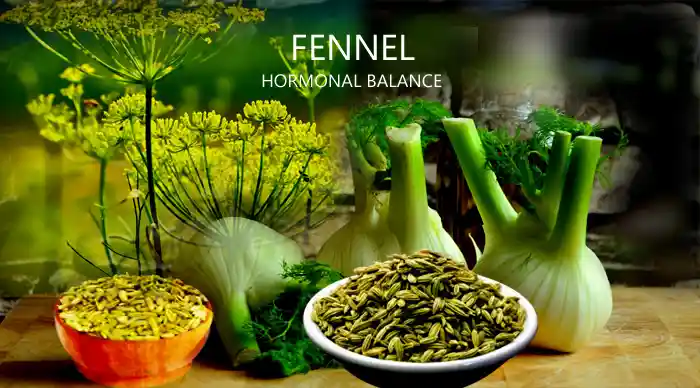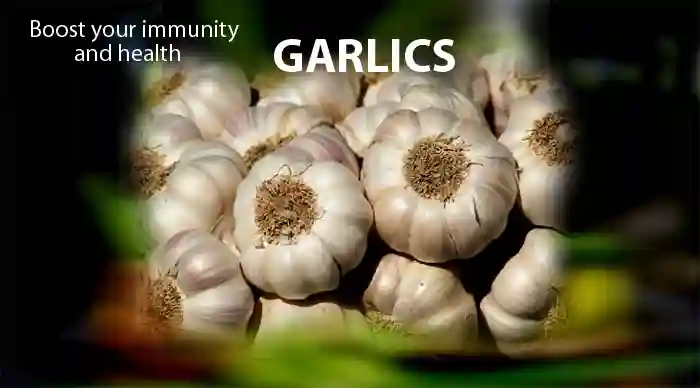Medical & Affiliate Disclosure
This content is for informational purposes only and does not constitute medical advice. Always consult a qualified healthcare professional before using any herbal or natural remedies, as results may vary by area and individual. Some links in this article may be affiliate links, meaning we may earn a commission at no extra cost to you if you purchase them. It will help to improve the website.
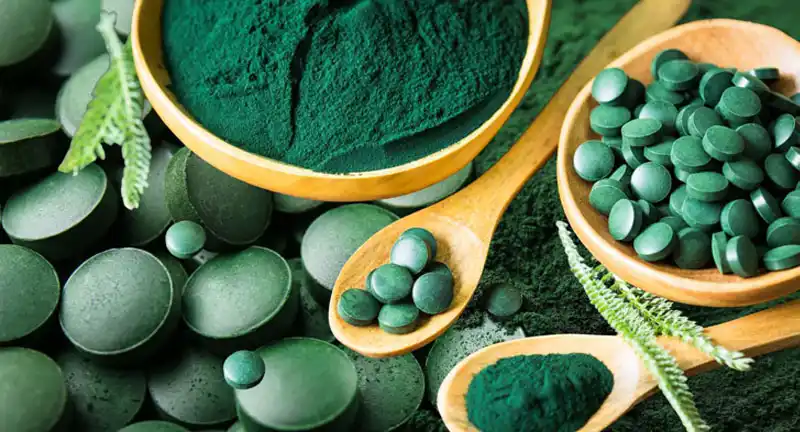
The Spirulina Powder, the Best Food For The Future Full Of Nutrition
Introduction
Superfoods have become a trend in recent years as people seek nutritious options to improve their health. Among them, spirulina stands out as one of the most effective and versatile options. In this article, we explore the world of spirulina powder, from its nutritional content and health benefits to its uses and possible side effect
Spirulina Overview
Spirulina is a superfood derived from blue-green algae. These microscopic, spiral-shaped organisms have been consumed by various cultures for their nutritional value for centuries. Spirulina powder is made by harvesting the algae, drying it, and grinding it into a fine powder.
Origin of Spirulina
The origins of Spirulina can be traced back to ancient civilizations such as the Aztecs of Mexico and certain African cultures. These communities recognized the nutritional benefits of the algae and incorporated it into their diet.
How to Make Spirulina Powder
Spirulina powder is made by culturing Spirulina algae in a controlled environment. After harvesting, the algae is dried and ground into a fine powder. The powder retains all the nutrients of fresh seaweed, making it a practical and effective superfood.
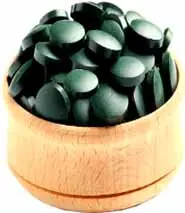
Nutritional Content
Spirulina Powder’s Composition Spirulina is a nutritional powerhouse, containing a range of essential nutrients such as:
- Protein: Spirulina powder is an excellent source of protein, with a high concentration of essential amino acids.
- Vitamins: It contains vitamins such as B vitamins (including B12), vitamin E, and beta-carotene (a precursor to vitamin A).
- Minerals: Spirulina is rich in minerals such as iron, magnesium, and potassium.
Other Nutrients: It also contains essential fatty acids, chlorophyll, and phycocyanin, which are beneficial for health.
Protein Content One of the standout features of spirulina is its high protein content. It contains all nine essential amino acids, making it a complete protein source. This is especially valuable for vegetarians and vegans.
Vitamins and Minerals Spirulina powder is a great source of vitamins and minerals, contributing to overall health and wellness. It provides important nutrients such as iron, which is crucial for oxygen transport in the blood.
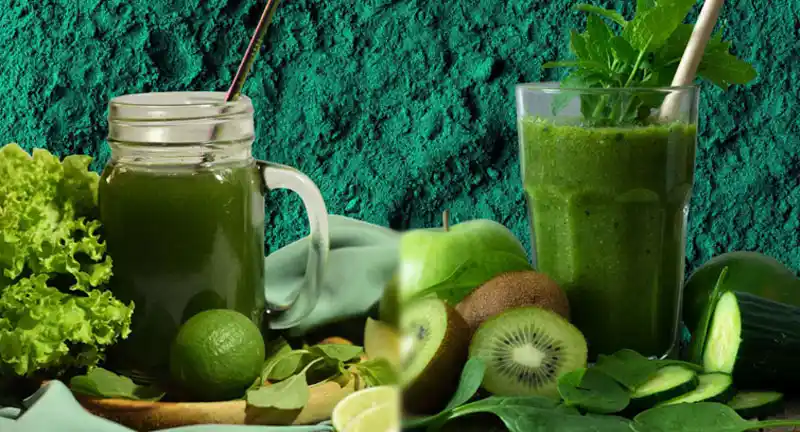
Health Benefits
Immune System Support: Spirulina is known for its immune-boosting properties. It contains antioxidants that protect the body from oxidative stress and keep the immune system strong and resilient.
Antioxidant Properties: The antioxidants found in Spirulina powder are: B. Phycocyanin, fights free radicals and prevents cell damage. This reduces the risk of chronic disease and promotes overall health.
Potential Weight Loss: Spirulina aids in weight loss by providing essential nutrients while being low in calories. It also helps regulate appetite and cravings
Source and references:Healthline-Health Benefits of Spirulina
Uses of Spirulina
Ways to Consume Spirulina Powder Spirulina can be consumed in various ways:
- Smoothies: Add a teaspoon of spirulina to your morning smoothie for a nutrient boost.
- Juices: Mix spirulina into freshly squeezed juice for added vitamins and minerals.
- Soups and Sauces: Incorporate spirulina into soups and sauces for extra nutrients.
Recipes to Incorporate Spirulina There are numerous recipes that can benefit from the addition of spirulina.
- Spirulina Smoothie: Blend spirulina powder with fruits, yogurt, and honey for a healthy and delicious smoothie.
- Spirulina Salad Dressing: Whisk spirulina powder into your favorite salad dressing for a unique twist.
Spirulina Energy Bars: Add spirulina powder to homemade energy bars for an added boost of protein and nutrients.
Potential Side Effects
Possible Adverse Reactions While spirulina is generally safe for most people, there are potential side effects to be aware of
Allergic Reactions: Some individuals may be allergic to spirulina, resulting in symptoms such as itching, swelling, or rash.
Digestive Issues: In some cases, spirulina can cause digestive upset, including gas, bloating, or diarrhea.
Metal Contamination: Spirulina harvested from certain areas may contain heavy metals, so it’s important to choose high-quality products.
How to Manage Side Effects To minimize the risk of side effects:
Start with a small dose: Gradually increase your intake to allow your body to adjust.
Choose quality products: Look for spirulina from reputable sources to avoid contamination.
Monitor your body’s response: Pay attention to any adverse reactions and adjust your intake accordingly.
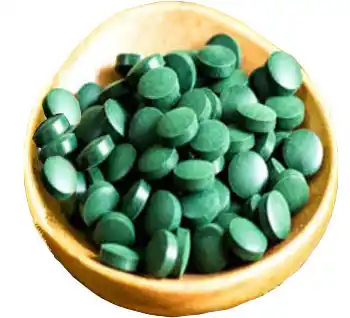
How Much We Need For Daily?
The amount of spirulina you need to consume daily depends on your personal health goals and your body’s response to them. In general, a typical daily intake is between 1 and 3 grams, although some people may consume up to 5 grams per day. The daily intake guidelines for Spirulina powder are as follows:
Beginner dose: If you are taking Spirulina for the first time, start him with 1 gram per day to see how your body reacts. This will help you avoid digestive problems.
Standard dose: Once accustomed to spirulina, the intake can be increased to about 3 grams per day. This is a typical daily intake for most people and provides significant nutritional benefits.
High doses: up to 5 grams per day, especially if you are using spirulina for specific health benefits such as immune support, antioxidant absorption, or higher energy levels. Some choose. However, high doses should be used with caution and under the guidance of a doctor. it’s always a good idea to consult your healthcare provider before starting any new supplement
Conclusion
Incorporating spirulina into your diet will enrich your meals with its vibrant color and nutrient density, creating an innovative experience. Its versatility allows you to enjoy it in a variety of ways, from energizing smoothies to flavorful dishes. Understanding the potential benefits and side effects can help you make an informed decision about using spirulina and maximize its benefits to your health and well-being. Spirulina is natural, nutritious, filling, and easy to consume. Discover the benefits of this amazing food and incorporate it into your diet today. Remember to choose high quality spirulina from reliable sources
FAQs
What is spirulina powder? Spirulina powder is a nutrient-rich powder made from blue-green algae. It is used as a dietary supplement as it is rich in protein, vitamins and minerals.
What are the benefits of spirulina? Spirulina powder offers various health benefits, including immune system support, antioxidant properties, and potential aid in weight loss.
How can I consume spirulina? Spirulina powder can be added to smoothies, juices, soups, and sauces. It can also be used in recipes like energy bars and salad dressings.
Are there any side effects of spirulina? • Spirulina powder is generally safe, but side effects such as allergic reactions and digestive problems can occur. Choosing high-quality spirulina can help minimize these risks
How can I choose high-quality spirulina? When buying spirulina powder, look for products sourced from clean water, with third-party testing and certifications such as USDA Organic.
Can spirulina help with weight loss? Spirulina may aid in weight loss by providing essential nutrients while being low in calories. It may also help regulate appetite
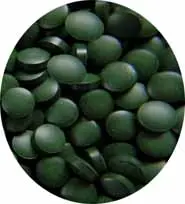
Know about Herbals and How To We Use It

Our initial goal is to make you all aware of all the natural plants utilized by our great predecessors around the world and the herbal therapeutic goods created from them.


